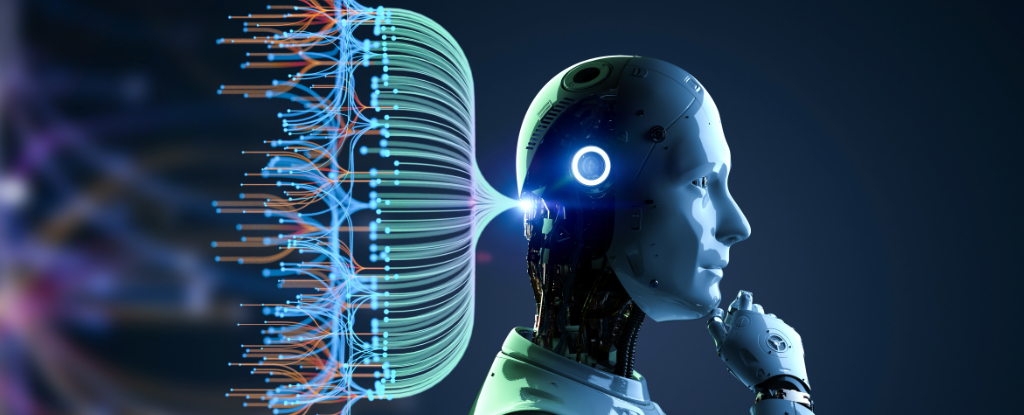
We are entering the third phase of generative AI. First came the chatbots, followed by the assistants. Now we are beginning to see agents.

The world's most advanced AI models are exhibiting troubling new behaviors – lying, scheming, and even threatening their creators to achieve their goals.

A new study says AI agents can create shared language conventions. Learning how this happens could help us better manage agents in the real world.
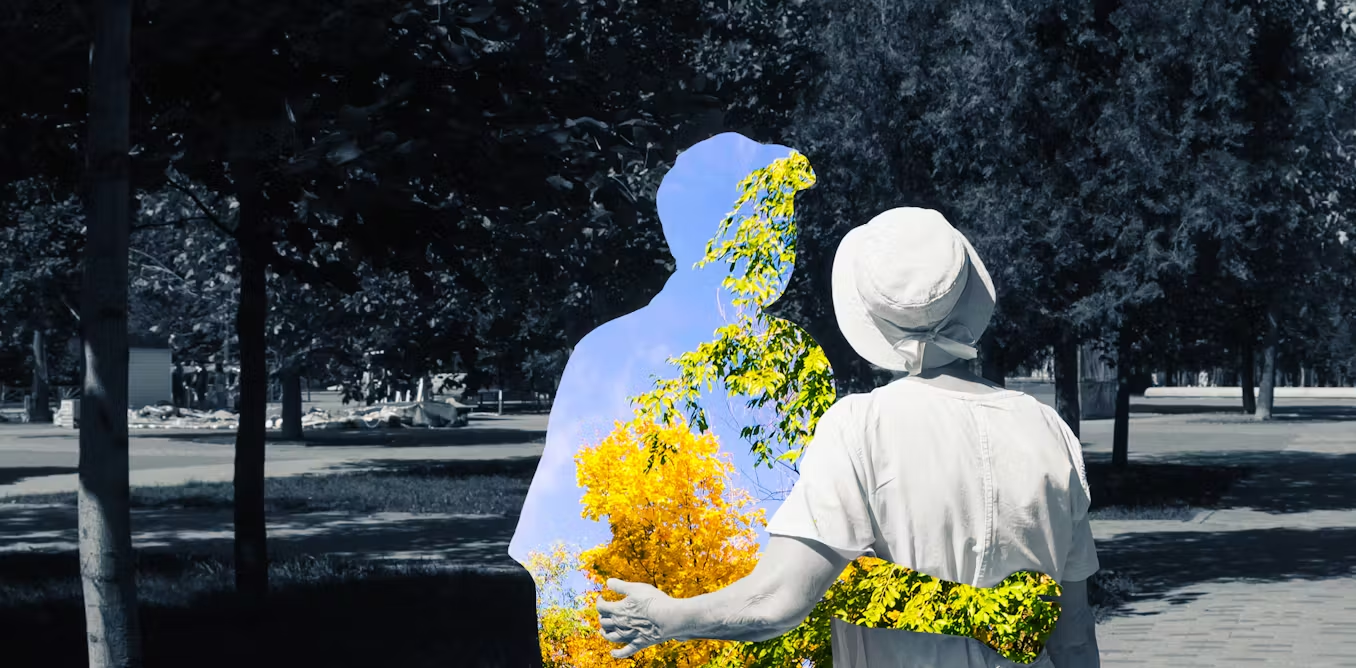
Our digital legacies don’t just preserve memories; they can continue to influence the world, long after we’re gone.
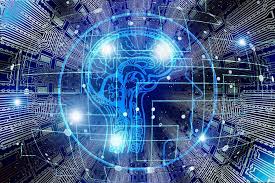
Interacting with AI chatbots like ChatGPT can be fun and sometimes useful, but the next level of everyday AI goes beyond answering questions: AI agents carry out tasks for you.
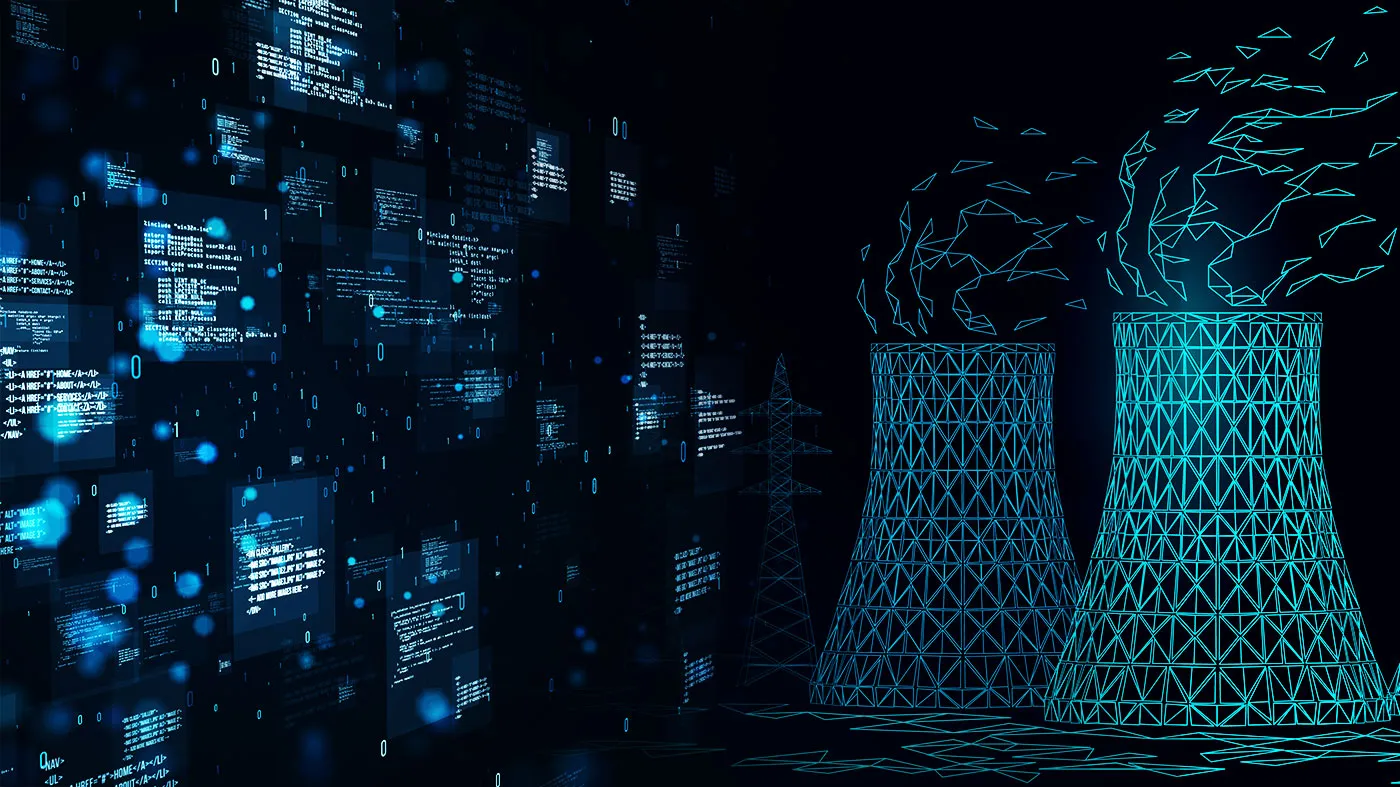
Google is the latest tech company to seek nuclear energy to cope with the high demand of electricity propelled by its development of AI.
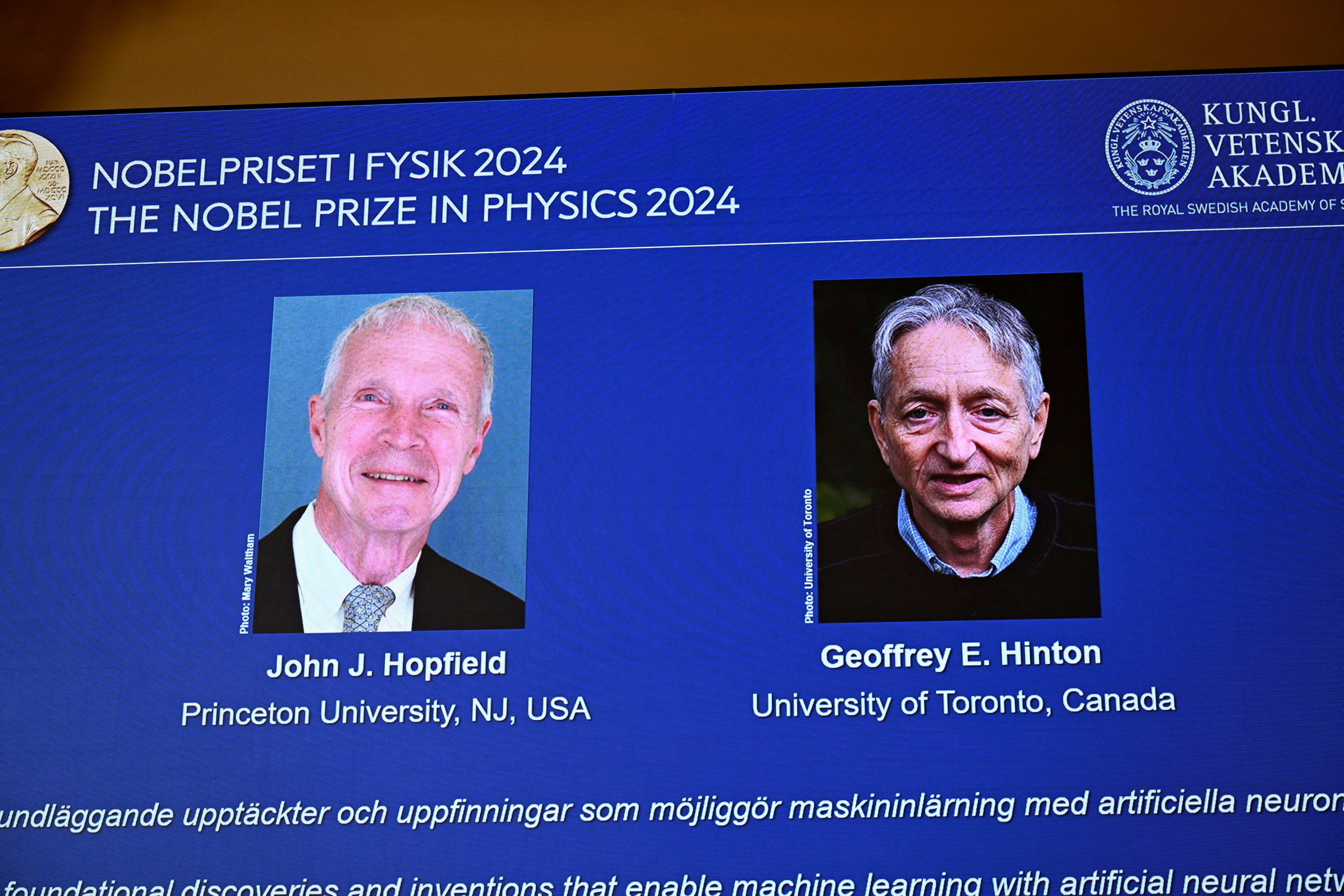
John Hopfield and Geoffrey Hinton won for discoveries that paved the way for the AI boom.

Researchers at Sakana.AI, a Tokyo-based company, have worked on developing a large language model (LLM) designed specifically for scientific research.

As A.I.-generated data becomes harder to detect, it’s increasingly likely to be ingested by future A.I., leading to worse results.

Increasing model size does not lead LLMs to gain emergent reasoning abilities, meaning they will not develop hazardous abilities and therefore do not pose an existential threat.
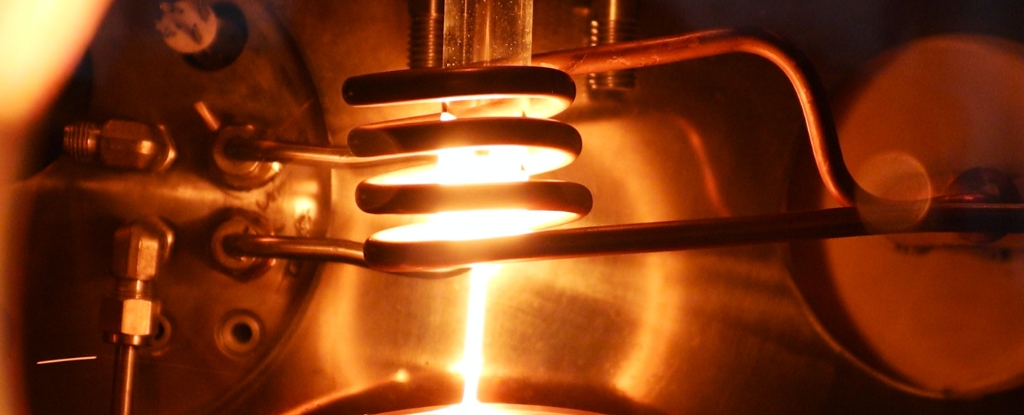
We urgently need to move away from fossil fuels, but electric vehicles and other green technology can put their own pressures on the environment. That pressure could be eased with a new magnet design that was built with AI.

From The Iron Giant to Big Hero 6, many of us will be familiar with tales of kids befriending robots, which suggest generations of young children are more trusting of advice from machines than their own flesh and blood.
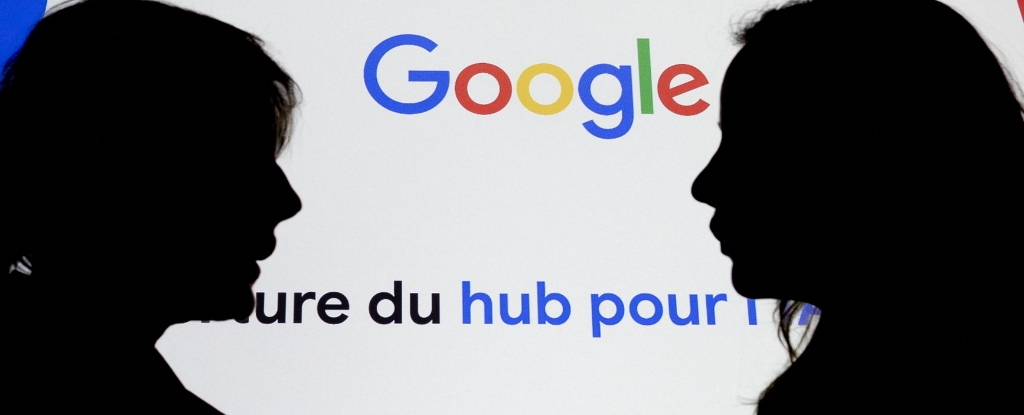
Google on Tuesday said it would introduce AI-generated answers to online queries, in one of the biggest changes to its world leading search engine in 25 years.
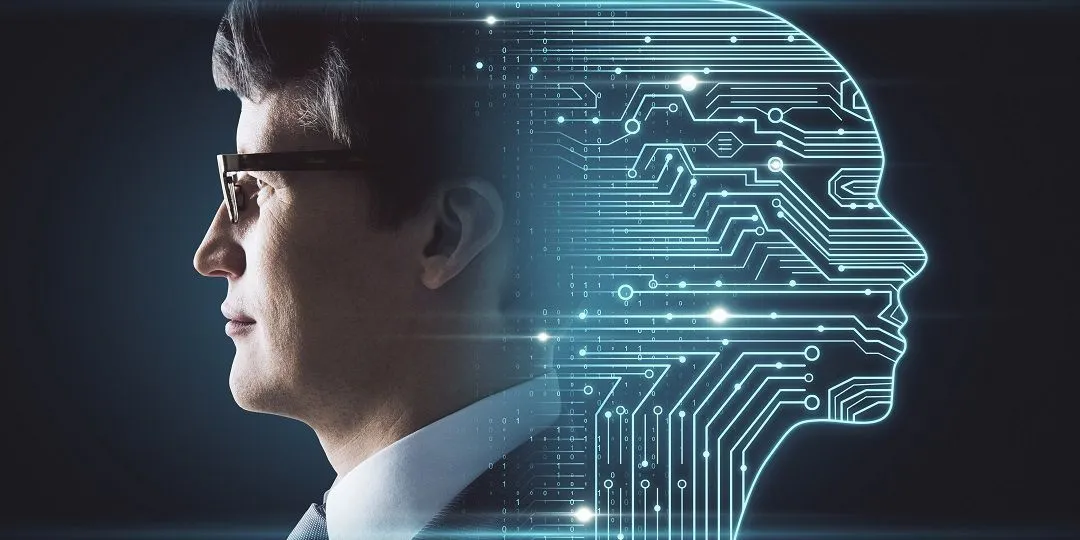
Artificial intelligence can learn to lie and cheat, and this is a serious risk that requires regulatory and legislative measures to ensure that it remains a useful technology, rather than becoming a threat to human knowledge.

The European Union’s parliament approved the world’s first major set of regulatory ground rules to govern the mediatized artificial intelligence at the forefront of tech investment.